
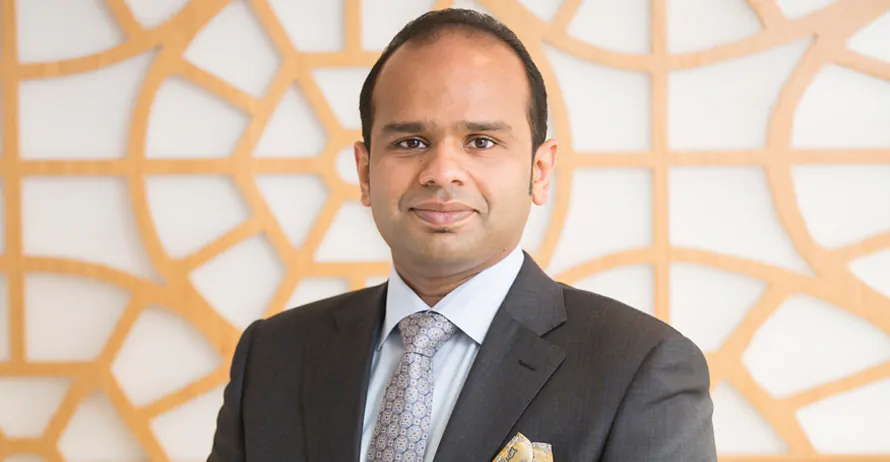
While at the World Economic Forum this week, I’ve been part of conversations calling for greater government intervention in achieving financial inclusion. Two years into this decade of rampant digitization, I have to admit that governments have actually been quite proactive in easing regulations and enabling a favorable environment for businesses to thrive.
The inevitable question arises: What more can private stakeholders do then to ensure equitable access to finance? Financial inclusion is not merely onboarding the underserved to formal banking channels, but ensuring easier access to finance whenever one needs and having the necessary skills and knowledge to multiply it for further wellbeing. In this regard, let’s for a moment step back and consider the first and most challenging step for financial inclusion today: lack of verifiable identity.
According to the World Bank, more than 1.1 billion people globally live without an identity proof. In South Asia alone, 32 per cent of the population (approximately 350 million people) do not have an official identity. In sub-Saharan Africa, 46 per cent of the population (approximately 500 million people) do not have an official identity.
Without verifiable identities, financial institutions cannot onboard these populations. An individual’s verifiable identity thus becomes a critical factor to get them even remotely close to formal financial channels. There are developing nations that have successfully achieved this: the UAE’s Emirates ID and India’s Aadhar scheme are perfect examples.
Fintechs can help out
Until these regulated identities are more widespread, there is the availability of social data being used by fintechs and NBFCs which need to be explored further. This alternative data uses a risk-based KYC approach, or to put it simply a ‘Know Your Customer Better’ approach.
In this process, some basic information is collected from the customer, and they are given access to smaller funds at first. As their credit score improves, more information is collected, and the lending amount is gradually increased. This is the model of microfinance, which has been a life-saver in many developing economies.
Standardizing this alternate data across different jurisdictions is what is important in today’s age, to ensure uniformity of assessment and identification of the underserved. For ultimately, getting the underserved into formal banking channels requires that they have access to finance.
Banks can lend a hand
Which brings us to how legacy institutions can tap into this data to realize financial inclusion. This is where the private-private collaboration comes into play.
Larger banks have their own due diligence and processes to follow, but by partnering with regional fintechs and NBFCs in some economies, banks get to tap the grassroots without taking on the risk entirely.
Banks bring with them capital, infrastructure and expertise. Regional institutions bring with them a pulse of the people with their localized/on-ground expertise. For example, in India, it’s nearly impossible for the larger banks to reach the remotest corners of the country. The regional NBFCs, as well as some of the new-age fintechs and banking correspondents though, have a good reach among the grassroots.
Greater partnership between these private stakeholders of the financial services ecosystem will ultimately lead to faster penetration of quality services in a regulated manner. When the private sector converges thus, government intervention can be reserved to the core areas, without either having to do a trade-off on the pace of digital inclusion.
Financial inclusion today defines the state of an economy. Governments are active participants in improving regulations, conducting financial literacy programmes, upgrading infrastructure and what not. If the vision remains to make people’s lives better, then it is the private sector’s responsibility to band together and conjoin the pieces of the puzzle.
Popular NEWS

May 8, 2025
LuLu Exchange Bahrain awarded 2nd place at Jadara Award, by Chamber of Commerce.
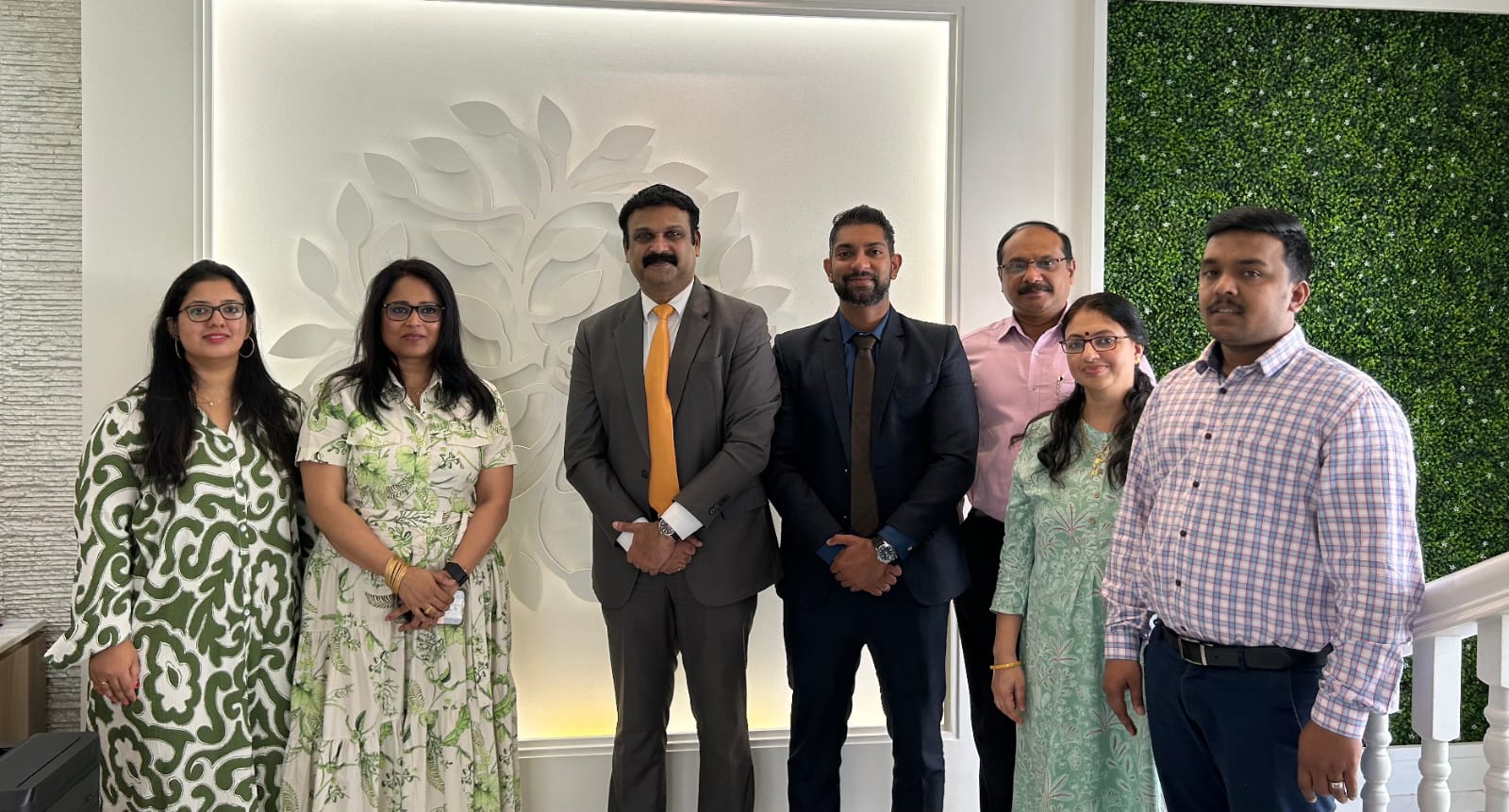
October 14, 2024
LuLu Exchange Partners with Sri Soukya Ayurvedic Centre to Offer Exclusive Discounts on Wellness

October 7, 2024
LuLu Exchange Bahrain Celebrates 11th Anniversary Pioneering Innovation and Digital Transformation
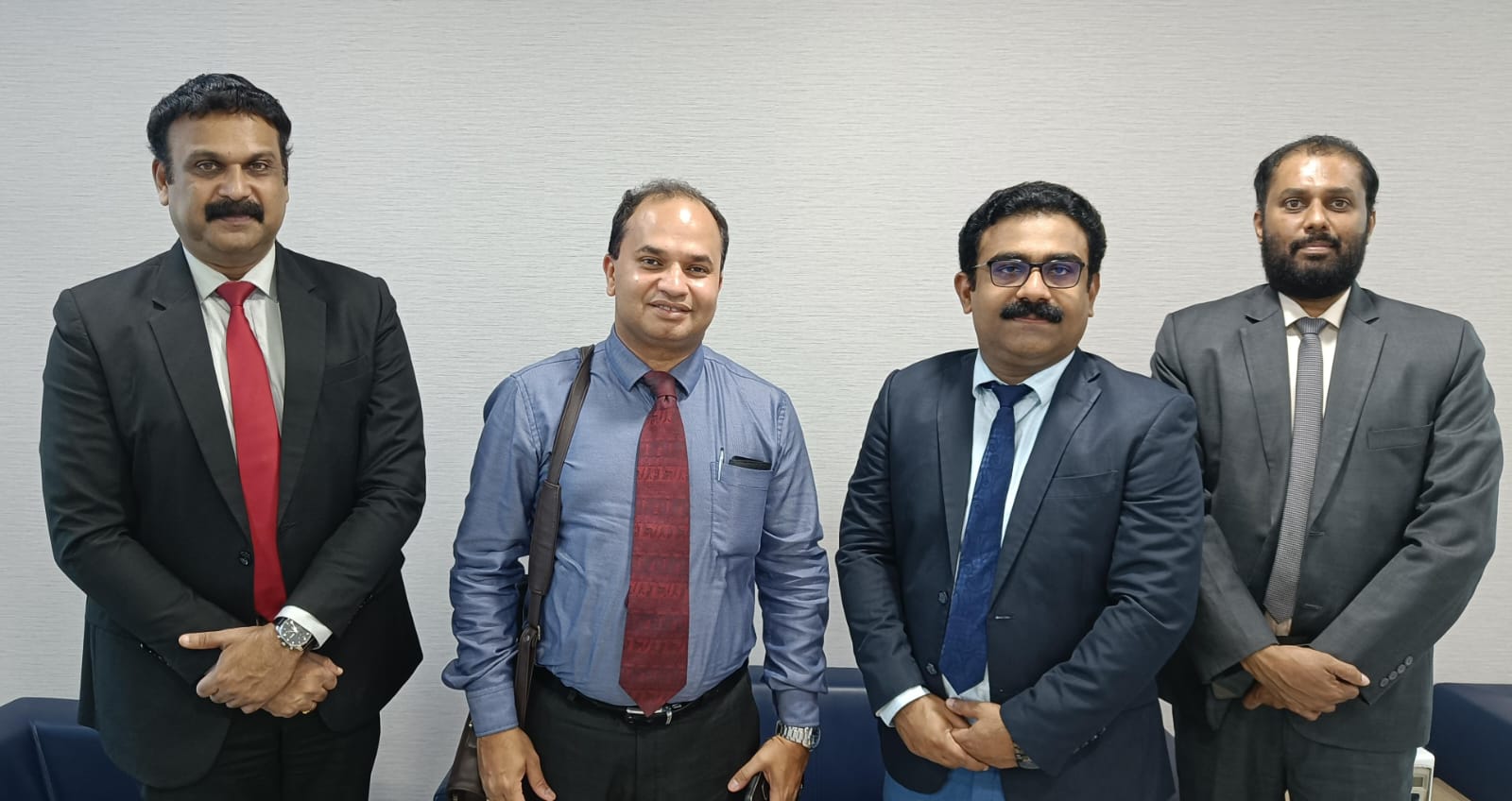
September 13, 2024
LuLu Exchange Bahrain Celebrates ‘September for Customers’ Initiative
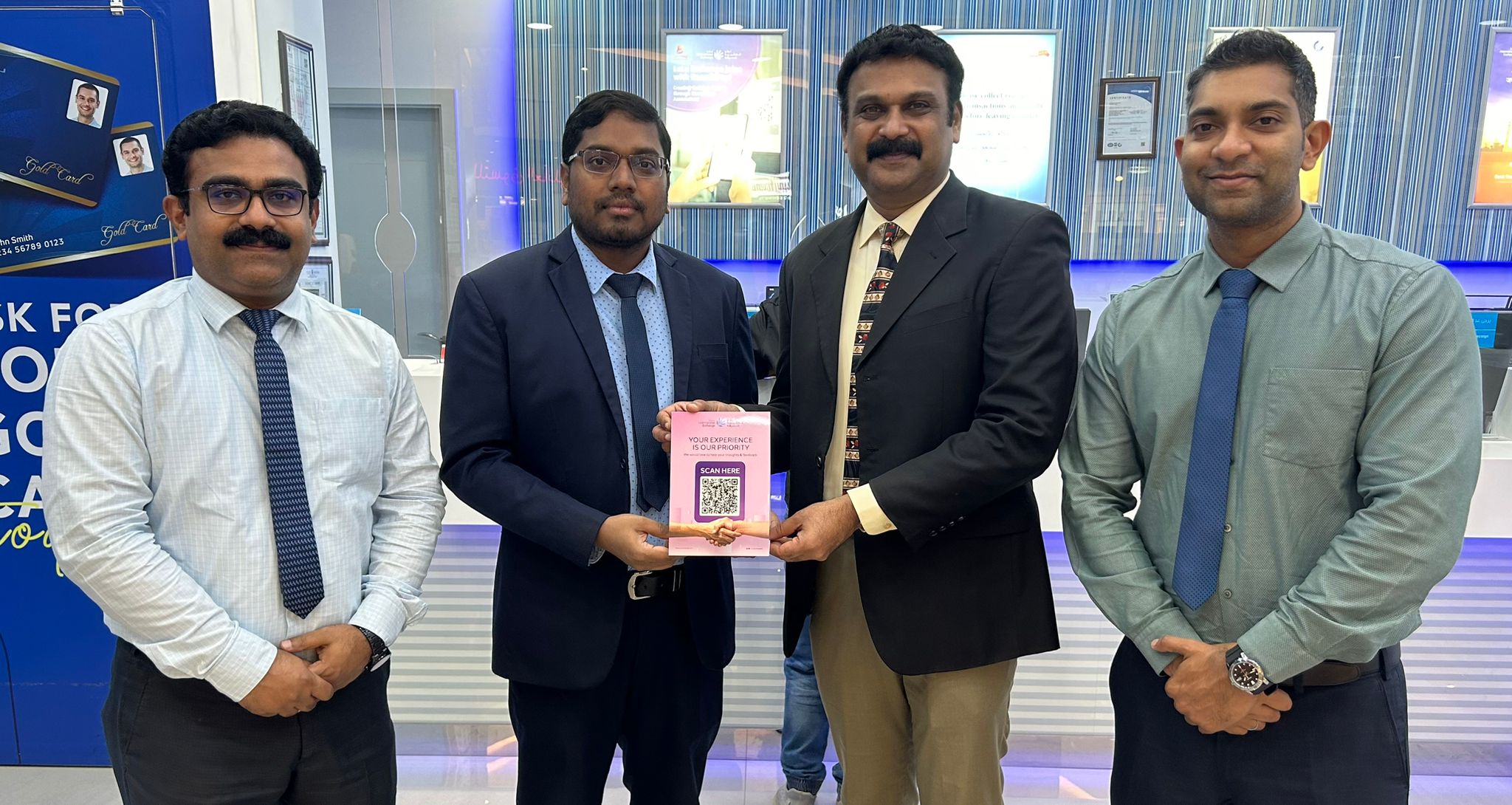
September 13, 2024
LuLu Exchange Bahrain Launches Customer Care Initiative to Enhance Customer Experience
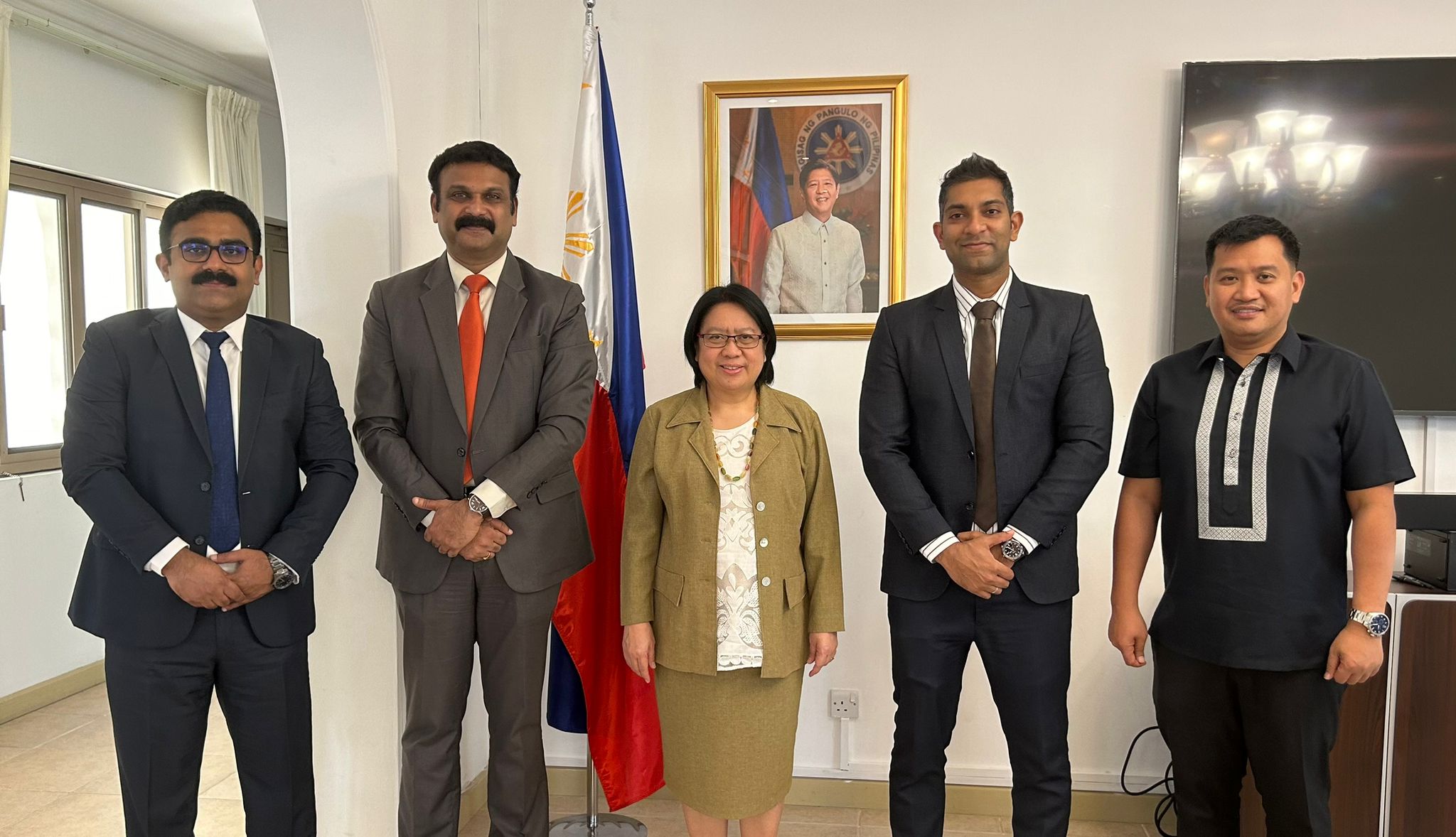
September 13, 2024
LuLu Exchange Bahrain Partners with the Embassy of the Republic of the Philippines to Raise Awareness about Online Fraud

July 23, 2024
LuLu Exchange Bahrain Launches eKYC on LuLu Money App

May 10, 2024
LuLu Exchange and REDTAG Collaborate to Bring Exclusive Benefits to Customers

May 8, 2024
LuLu Exchange Celebrates International Workers Day with Appreciation Initiatives
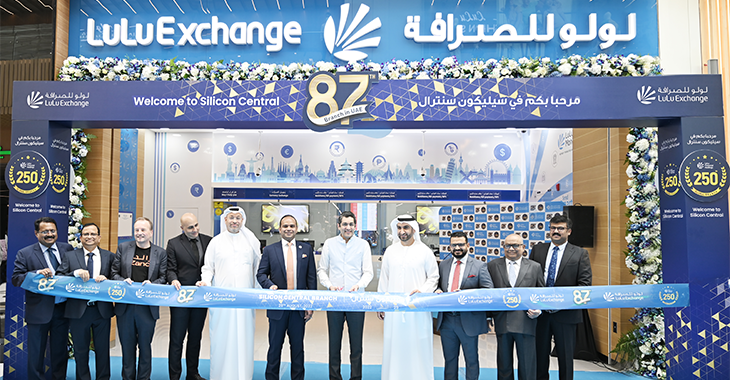
August 30, 2022











